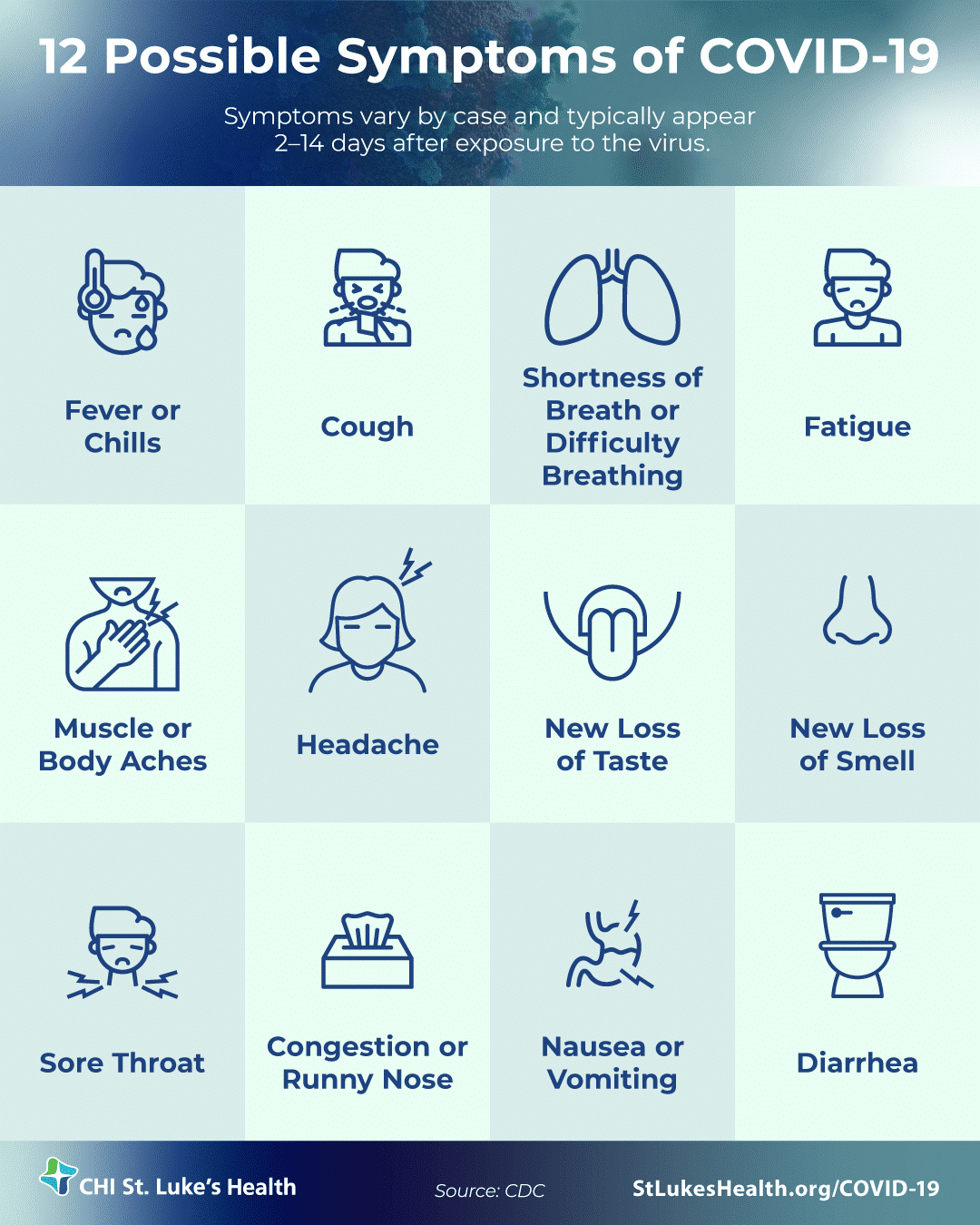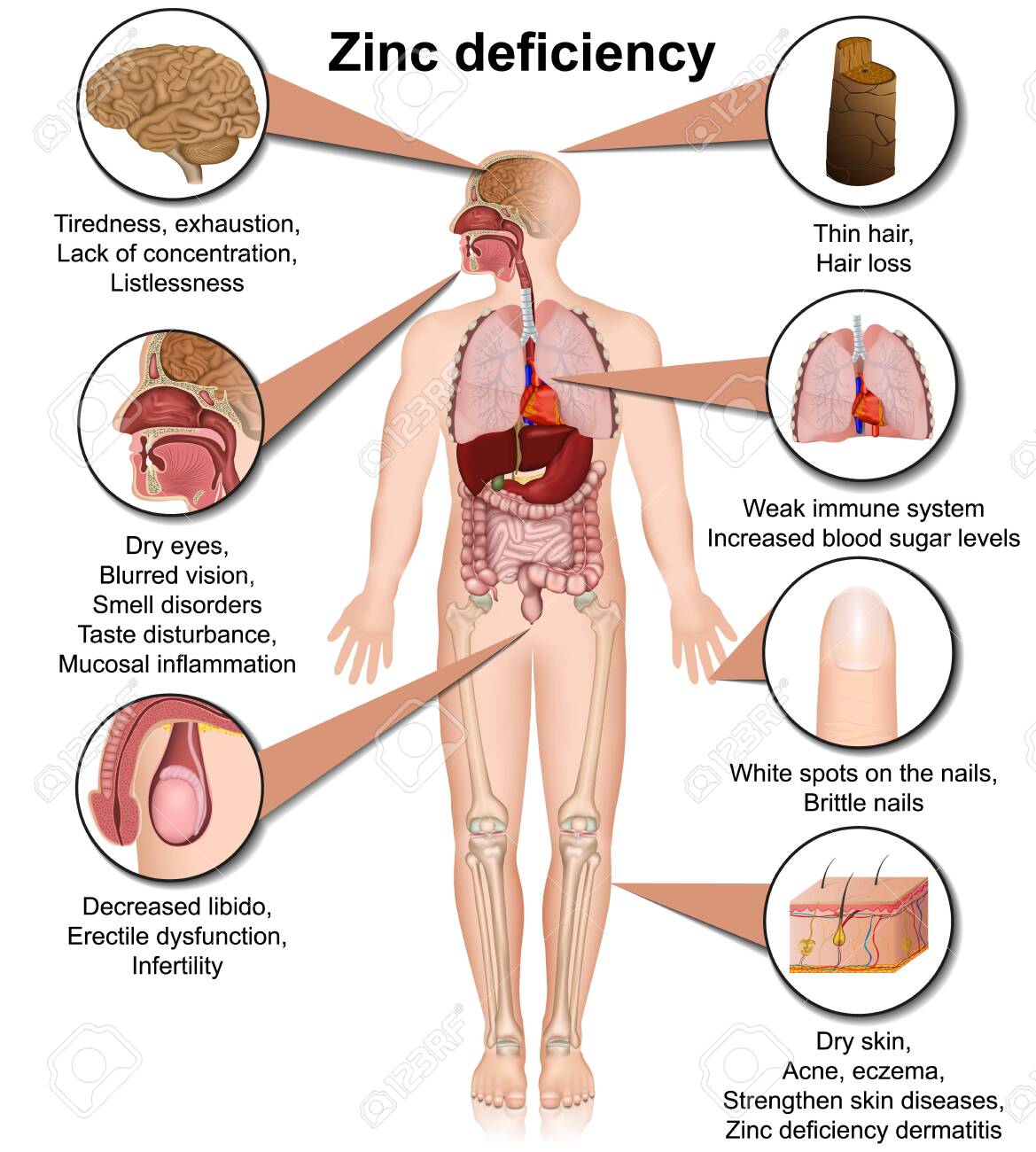Have you ever wondered how you can both smell and taste things, simultaneously? The reason we can do that is the fact that our olfactory (sense of smell) and gustatory receptors (sense of taste) are related to each other. The gustatory receptors are found embedded in the taste buds, whereas the olfactory receptors are found lying on the olfactory neurons.
When there are any hindrances in the sensory processes happening in your olfactory and gustatory systems, you experience a sudden loss of taste and smell. The hindrances may occur due to various reasons. Firstly, you have to understand the difference between loss of smell and taste and reduced ability to smell and taste.
- Anosmia – sudden loss of smell
- Ageusia – sudden loss of taste
- Hyposmia / Hypoxia – reduced ability to detect odors
- Hypogeusia – reduced ability to detect tastes.
In this current situation, the sudden loss of taste and smell can be considered as one of the main symptoms of COVID 19 or Delta variant. Other symptoms of coronavirus include

- High fever with chills
- Aches and pains in joints
- Runny nose
- Diarrhea
- Nausea and vomiting
- Cough and cold
- Shortness of breath
Also, there is one more thing you have to know. Sudden loss of taste and smell doesn’t mean that you are COVID positive. It can also occur due to various other reasons that arise due to any irregularities in your system. This article deals with the reasons behind your sudden loss of taste and smell.
What could be the reason behind the sudden loss of taste and smell?
1. Aging
As you age, especially after the age of 40, your ability to smell odors and taste things starts to deteriorate. It is a very common problem faced by more than 3% of the population. As we age, the taste buds start to shrink and fail to function as they did before. The same happens for your olfactory neurons as well. They start to function less as you age too.
2. Sinusitis

Sinusitis is a condition in which the hollow cavities around your nasal passages get inflamed. The tissues surrounding your cheeks, forehead, and nose develop inflammation, thus causing the sudden loss of taste and smell (taste because both the olfactory and gustatory receptors are related and have the same pathway)
3. Persistent smoking
Yes, the habit of smoking causes loss of taste and smell and can have long-term effects on your sensory nerves. If you are a chain smoker who smokes more than a packet a day, then mind you, this can worsen your current condition by making this loss of smell and taste, permanent.
The components present in cigarettes, if entering your nasal passages, will deeply aggravate the olfactory cells. It also ruptures the taste buds and makes it shrink. Slowly, you lose the ability to taste as well. Hence, it is always advisable to think twice or thrice before developing the habit of smoking.
4. Nasal polyposis

Sometimes, Nasal polyposis can cause your sudden loss of taste and smell. Nasal polyposis, also known as nasal polyps, is a condition that involves the growth of benign (non-cancerous) tissues in the nasal linings. It is most commonly seen in adults and can shrink your nasal passage, resulting in anosmia and ageusia. Other symptoms of nasal polyps include
- Stuffy / runny nose
- Post-nasal drip
- Nasal congestion
- Frequent headache
- Sneezing and snoring
- Sinusitis etc
Treatment: Treatment involves exposure to corticosteroids, and in severe cases, surgery is usually preferred.
5. Nerve injuries
Any kind of damage in the oral sensory nerves can result in a sudden loss of smell and taste. If the nerve supplying blood to the frontal part of the tongue is pinched or faces any kind of hindrance and if the cranial nerve/the vagus nerves get pinched, loss of taste and smell occurs. Usually, surgery is preferred in these conditions.
6. Zinc deficiency

Yes, zinc deficiency can cause these sensory ailments too. Zinc is an important element when it comes to cell regeneration. Hence, if there is a deficiency in the amount of zinc, then you may experience a sudden loss of taste and smell and other symptoms too.
How to test your ability to taste and smell?
- Olfactory test: Take any of the kitchen ingredients that have a strong characteristic smell like Basil, Herbal seasoning, cinnamon, cardamom and try smelling it. If not these, then you can also use non-edible things like scented candles, incense sticks, etc.
- Gustatory test: Try locating foodstuffs with different characteristic tastes.
Eg: Toffees (sweet), Bitter gourd extract (bitterness), Citrus fruits (sourness), Potato chips (salty), chilies (spicy).
How to regain taste and smell?
- Saline irrigation
- Put few drops of warm castor oils in your nose, twice a day
- Drink the lemon, ginger, and garlic-infused water on a regular basis
- Steam inhalation with drops of essential oils like peppermint oil, basil oil, lemongrass, etc.
- If the condition persists, then it is advisable to visit your doctor as soon as possible because, in critical cases of Alzheimer’s and Parkinson’s disease, surgery is preferred.
Conclusion | Sudden Loss of Taste and Smell
Gustatory and olfactory, being the two vital senses among the five, have to be taken care of too, especially if you have reached your early 40’s. The nerves surrounding these areas are delicate, and hence, you should never ever ignore them if you experience any pinching.
So the next time you experience a sudden loss of taste and smell, you will be more careful about the topics. I hope this article helped. Feel free to clarify your queries in the comment section below.

